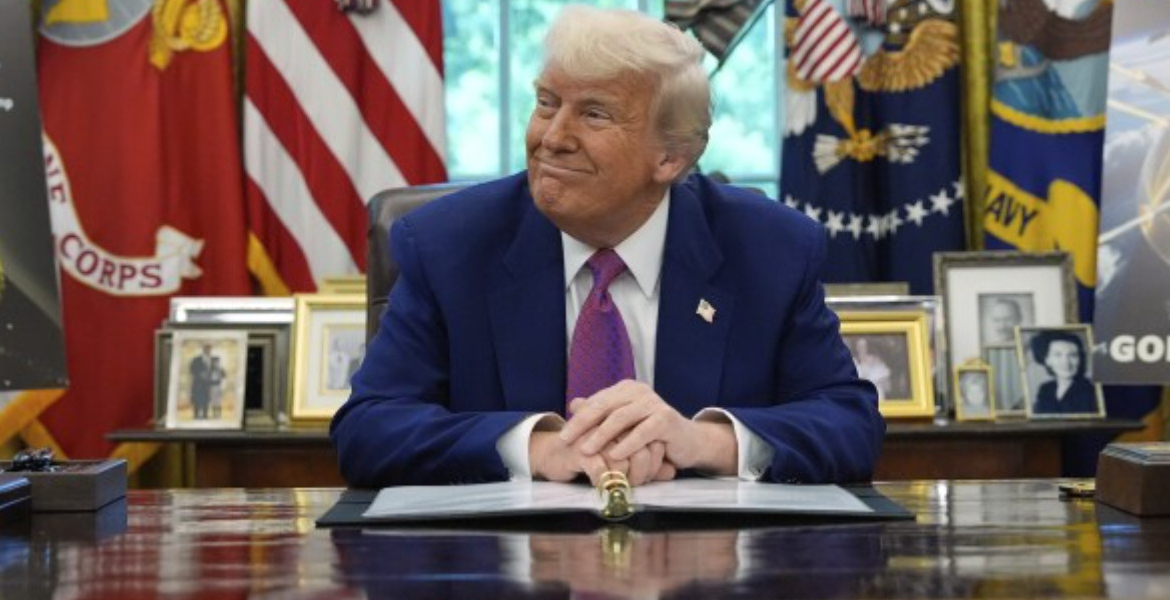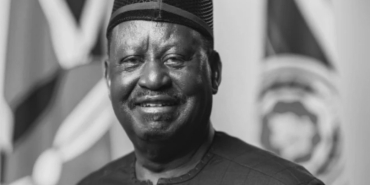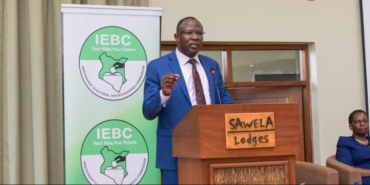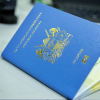TIFA Poll: 50% of Kenyans Fear Trump’s Presidency Will Harm Kenya’s Economy

A recent survey conducted by TIFA Research reveals significant apprehension among Kenyans regarding the potential implications of former US President Donald Trump's return to office.
The survey, which gauges public sentiment on critical national issues, indicates that half of the Kenyan population anticipates negative consequences for their country's economic and political landscape under Trump's leadership.
The TIFA National Public Issues Survey, conducted between May 2 and May 6, highlights a pervasive anxiety over the future of Kenya's foreign relations and its strategic partnerships. While some Kenyans remain cautiously optimistic, the prevailing mood suggests a deep-seated unease over policies that could adversely affect Kenya's economy, international standing, and regional security.
Deep-Seated Skepticism Amidst Divided Opinions
The survey findings reveal that 50% of Kenyans believe that a Trump administration will have a detrimental impact on their country. Only 24% foresee positive outcomes, while 18% expect no significant change. The remaining 8% remain uncertain or hold no opinion on the matter.
Remarkably, the survey indicates a lack of stark political division on the issue. Supporters and opponents of Kenya's Broad-Based Government (BBG), the coalition led by President William Ruto and former Prime Minister Raila Odinga, appear equally skeptical of Trump’s leadership. Among BBG supporters, 54% anticipate negative consequences, while 52% of those opposed to the coalition share similar concerns.
Complexities in the US-Kenya Relationship
Despite widespread misgivings, Kenyans acknowledge the vital role the United States plays in the country’s economic and political development. The survey indicates that the US remains the most influential foreign power outside Eastern Africa. However, this influence is viewed with growing apprehension, as America also tops the list of perceived threats to Kenya’s progress. This uneasy distinction underscores the complexities of the bilateral relationship.
Recent policy decisions by Trump, including tariff impositions and funding cuts, are seen as potential flashpoints that could ripple across Africa. These measures threaten crucial sectors such as healthcare and exports, areas in which Kenya has historically relied on US support. The uncertainty surrounding future cooperation further deepens concerns among Kenyan policymakers and citizens alike.
Adding to the strain, there have been indications that the US might revoke Kenya’s Major Non-NATO Ally status a designation granted by former President Joe Biden last year.
This move, reportedly tied to Kenya’s growing diplomatic and economic ties with China, raises significant security concerns. Should this status be withdrawn, Kenya could lose preferential access to military assistance and strategic defence collaborations with the US.
The concerns over Trump's presidency coincide with broader dissatisfaction with Kenya’s current economic trajectory. The TIFA survey reveals that a staggering 75% of Kenyans believe the country is heading in the wrong direction, driven by financial struggles that have worsened since the 2022 elections. Rising unemployment, poor governance, and deepening inequality have left many citizens feeling disillusioned about the country’s future.
Economic stability in Kenya is closely tied to its international partnerships. The US is a crucial trade partner, and any shift in relations under Trump’s presidency could have far-reaching effects. The possibility of reduced aid and tougher trade barriers under the Trump administration fuels concerns that Kenya’s struggling economy may face additional hurdles.
Domestic Political Climate
The survey also sheds light on Kenya’s domestic political climate. The Broad-Based Government, formed through a coalition between Ruto and Odinga, remains highly polarising. Only 22% of Kenyans support the alliance, while 54% oppose it, and 25% remain undecided. The partnership was intended to foster unity and stable governance, but public scepticism indicates ongoing challenges in achieving that vision.
Looking ahead to the 2027 elections, many Kenyans worry about the integrity of the electoral process. Half of the respondents express doubts that the upcoming elections will be free and fair, a sentiment especially pronounced among BBG opponents. Concerns about corruption, political manoeuvring, and the influence of foreign actors, including the US, loom large as Kenya navigates its democratic future.
Kenya's relationship with the United States has historically been multifaceted, encompassing trade, security cooperation, and development aid. The US has been a significant partner in supporting Kenya's economic growth, particularly through trade agreements and investment initiatives. Additionally, the US has played a crucial role in assisting Kenya's efforts to combat terrorism and enhance regional security.
However, the relationship has also faced challenges, particularly concerning governance issues and human rights. The US has often emphasised the importance of transparency, accountability, and adherence to democratic principles in its engagement with Kenya. These concerns have sometimes led to tensions and conditionalities in aid and cooperation agreements.








Add new comment